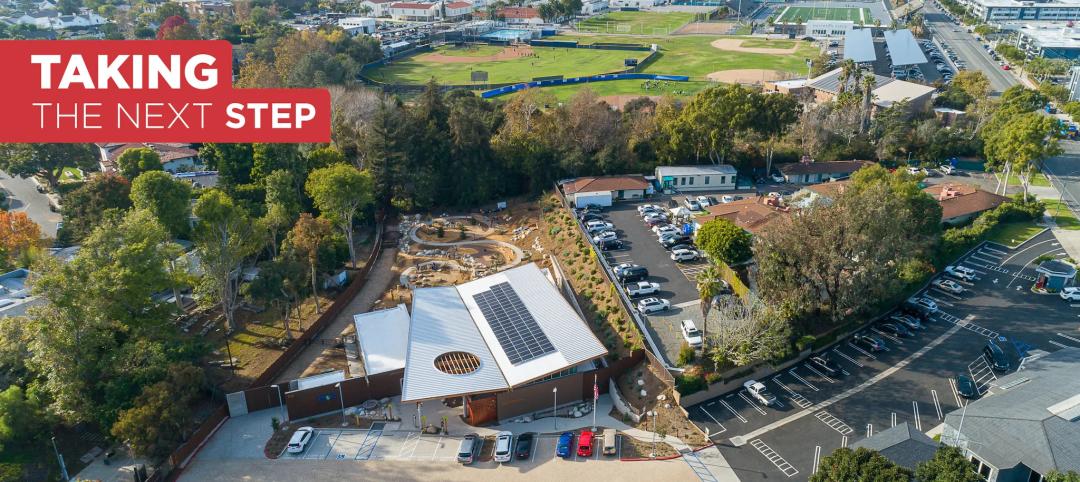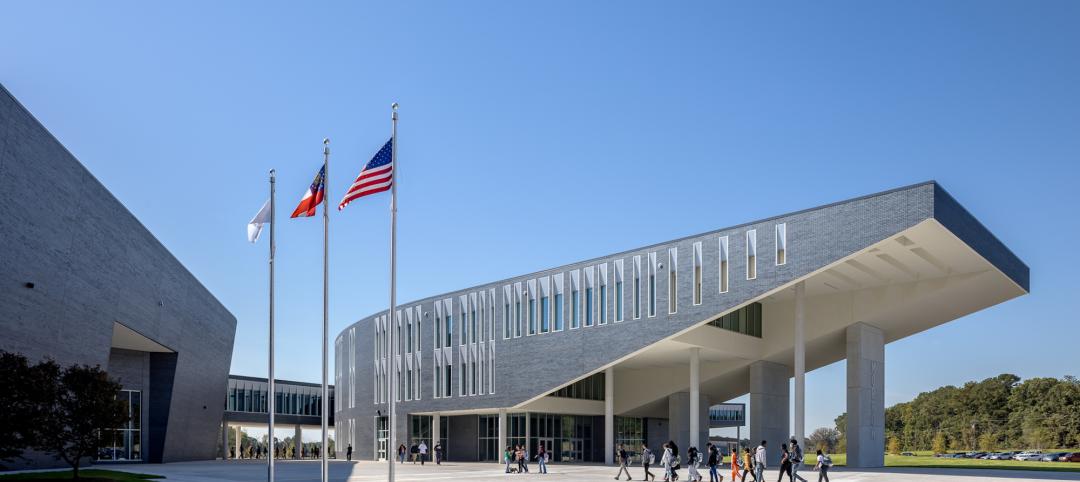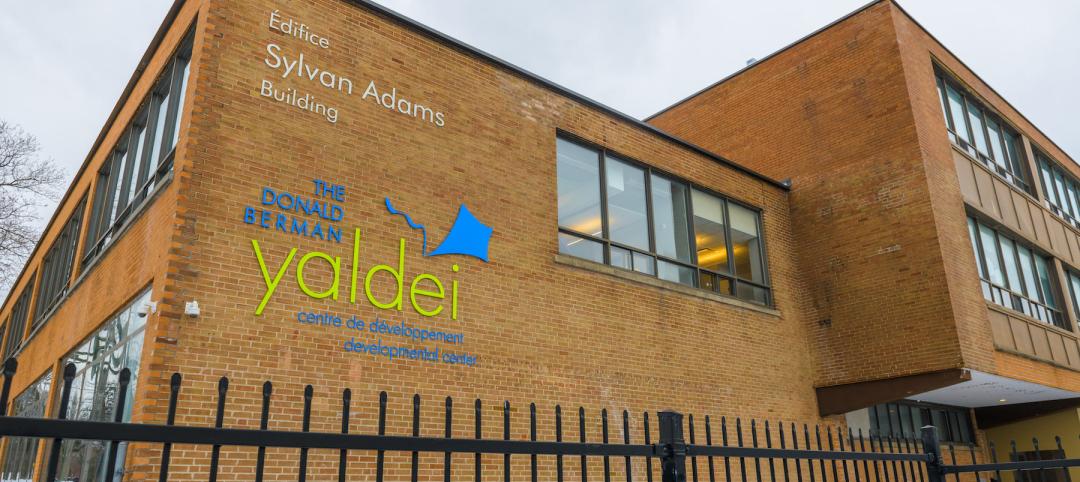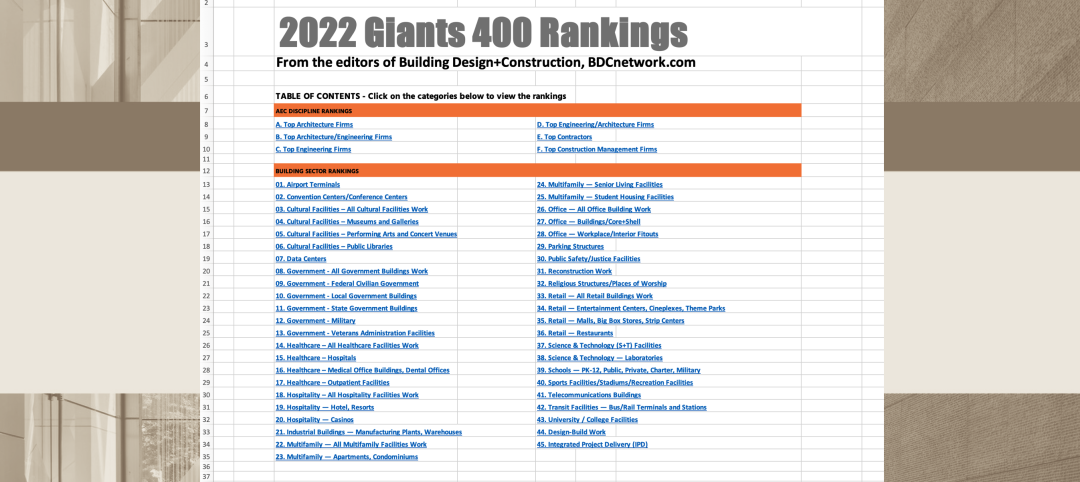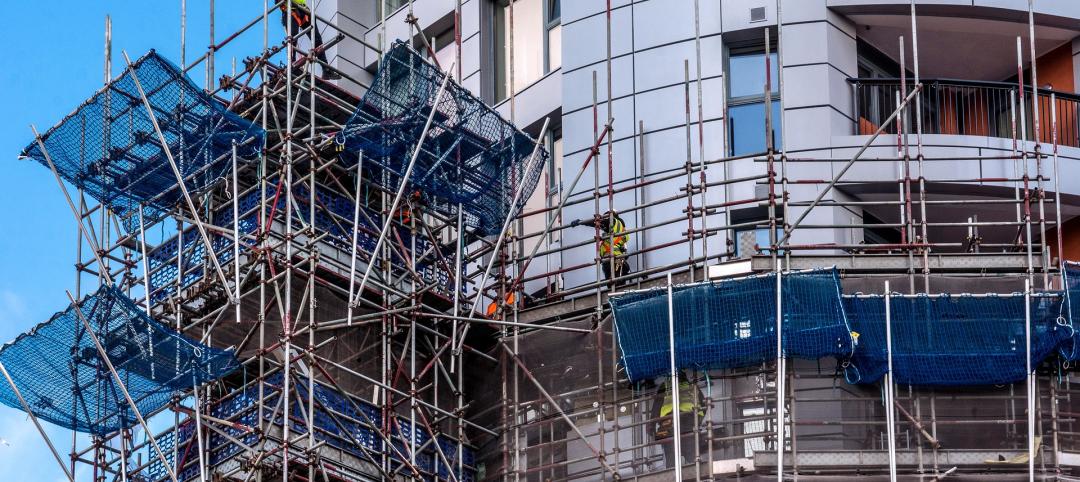 |
||||||||||||||||||||||
| Lincoln High School in Tacoma, Wash., was built in 1913 and spent nearly a century morphing into a patchwork of outdated and confusing additions. A few years ago, the Tacoma School District picked Lincoln High School to be the first high school in the district to be part of its newly launched Small Learning Communities program, thus beginning a $74.2 million renovation of the 222,000-sf high school. | ||||||||||||||||||||||
| Lincoln High School in Tacoma, Wash., was built in 1913 and spent nearly a century morphing into a patchwork of outdated and confusing additions. A few years ago, the Tacoma School District picked Lincoln High School, dubbed “Old Main,” to be the first high school in the district to be part of its newly launched Small Learning Communities program. The Building Team was given only 13 months to get the school ready to participate in the project. Community members, administrators, students, teachers, and parents worked with architects from the Seattle office of DLR Group to reconfigure the high school for new academy-based educational delivery methods. The architects led them through extensive scenario planning, overlaying each educational program component over the building plans.
The DLR plan divided the school into six zones (two zones in each wing, one on each floor) that would house six academies, each of which would function independently within the larger school building. Shared spaces were to include an auditorium, a cafeteria, a gymnasium, a library, and science labs. Funding for the $74.2 million renovation came from a bond issue and a grant from the Bill and Melinda Gates Foundation. As work got under way in fall 2006, the existing 222,000-sf, L-shaped school received a number of structural upgrades and nips and tucks. To address seismic concerns, 13 shear walls (using double-sided plywood) were installed, running from grade all the way up to the attic floors. An existing 1980s addition was demolished; in its place arose a two-story structure that expands the school to 264,000 sf and houses the new library and science labs. The addition also acts as a buttress to the existing school structure, providing added seismic support. The school received all new plumbing and electrical systems, as well as new HVAC equipment that was installed in the attic. The Building Team specified aluminum equipment to diminish the weight load on the existing wood-frame structure. Insulation was beefed up to dampen equipment noise. Despite all that’s new with the school, much of its historic character remains intact. The Collegiate Gothic-style school’s original details were restored or replicated; some were relocated and reused in the addition to connect old and new. Also left intact were the school’s 75- to 80-year-old, three-by-seven-foot operable windows, some with original stained glass windows of Tacoma milk glass, so called because of its milky white color. |
||||||||||||||||||||||
Project Summary Lincoln High School Tacoma, Wash. Building Team Submitting firm: DLR Group (architect, structural engineer) Owner: Tacoma School District Architectural consultant: TCF Architecture General contractor: Lease Crutcher Lewis Electrical engineer: Coffman Engineers Mechanical engineer: Hargis Engineers General Information Area: 264,000 sf Construction cost: $74.2 million Construction time: August 2006 to September 2007 |
Related Stories
Contractors | Apr 10, 2023
What makes prefabrication work? Factors every construction project should consider
There are many factors requiring careful consideration when determining whether a project is a good fit for prefabrication. JE Dunn’s Brian Burkett breaks down the most important considerations.
Architects | Apr 6, 2023
New tool from Perkins&Will will make public health data more accessible to designers and architects
Called PRECEDE, the dashboard is an open-source tool developed by Perkins&Will that draws on federal data to identify and assess community health priorities within the U.S. by location. The firm was recently awarded a $30,000 ASID Foundation Grant to enhance the tool.
Architects | Apr 6, 2023
Design for belonging: An introduction to inclusive design
The foundation of modern, formalized inclusive design can be traced back to the Americans with Disabilities Act (ADA) in 1990. The movement has developed beyond the simple rules outlined by ADA regulations resulting in features like mothers’ rooms, prayer rooms, and inclusive restrooms.
Education Facilities | Apr 3, 2023
Oklahoma’s Francis Tuttle Technology Center opens academic center for affordable education and training
Oklahoma’s Francis Tuttle Technology Center, which provides career-specific training to adults and high school students, has completed its Francis Tuttle Danforth Campus—a two-story, 155,000-sf academic building. The project aims to fill the growing community’s rising demand for affordable education and training.
K-12 Schools | Mar 6, 2023
Benefitting kids through human-centric high school design
Ingrid Krueger, AIA, LEED AP, shares why empathetic, well-designed spaces are critical in high schools.
Sustainability | Mar 2, 2023
The next steps for a sustainable, decarbonized future
For building owners and developers, the push to net zero energy and carbon neutrality is no longer an academic discussion.
K-12 Schools | Feb 18, 2023
Atlanta suburb opens $85 million serpentine-shaped high school designed by Perkins&Will
In Ellenwood, Ga., a southeast suburb of Atlanta, Perkins and Will has partnered with Clayton County Public Schools and MEJA Construction to create a $85 million secondary school. Morrow High School, which opened in fall 2022, serves more than 2,200 students in Clayton County, a community with students from over 30 countries.
K-12 Schools | Feb 11, 2023
An elementary school in Canada for intellectually challenged kids completes a three-year-long facelift
Last fall, the Yaldei School in Montreal, Quebec, which provides education and therapy to children ages 4 through 16 with intellectual disabilities, completed a $4.5 million renovation of the three-story former parochial school that it had moved into in 2016. The goal of this project, by the firm Stendel + Reich Architecture, was to create spaces that relieve students’ anxiety and make things fun.
Giants 400 | Feb 9, 2023
New Giants 400 download: Get the complete at-a-glance 2022 Giants 400 rankings in Excel
See how your architecture, engineering, or construction firm stacks up against the nation's AEC Giants. For more than 45 years, the editors of Building Design+Construction have surveyed the largest AEC firms in the U.S./Canada to create the annual Giants 400 report. This year, a record 519 firms participated in the Giants 400 report. The final report includes 137 rankings across 25 building sectors and specialty categories.
Giants 400 | Feb 6, 2023
2022 Reconstruction Sector Giants: Top architecture, engineering, and construction firms in the U.S. building reconstruction and renovation sector
Gensler, Stantec, IPS, Alfa Tech, STO Building Group, and Turner Construction top BD+C's rankings of the nation's largest reconstruction sector architecture, engineering, and construction firms, as reported in the 2022 Giants 400 Report.










